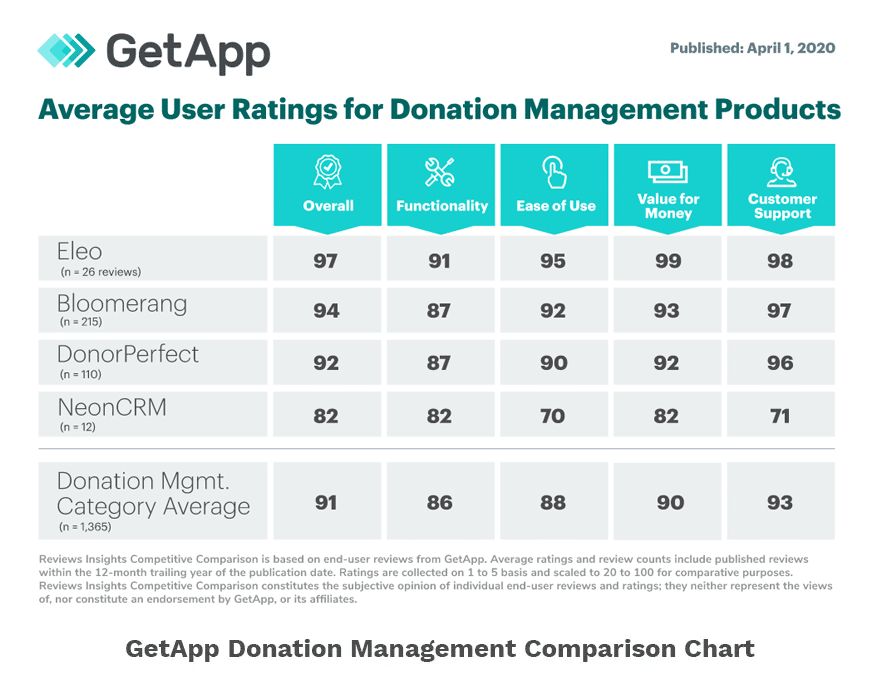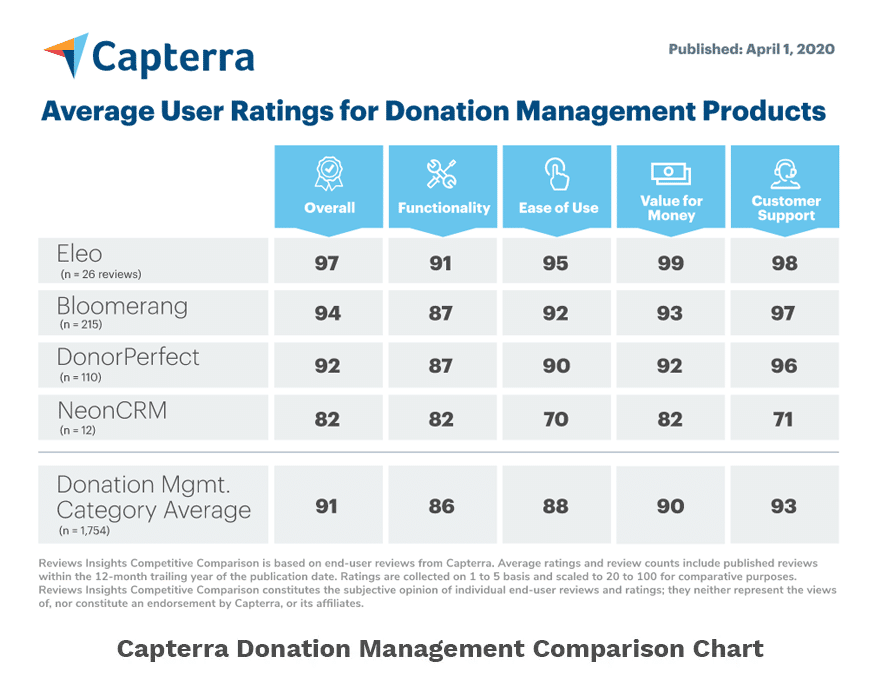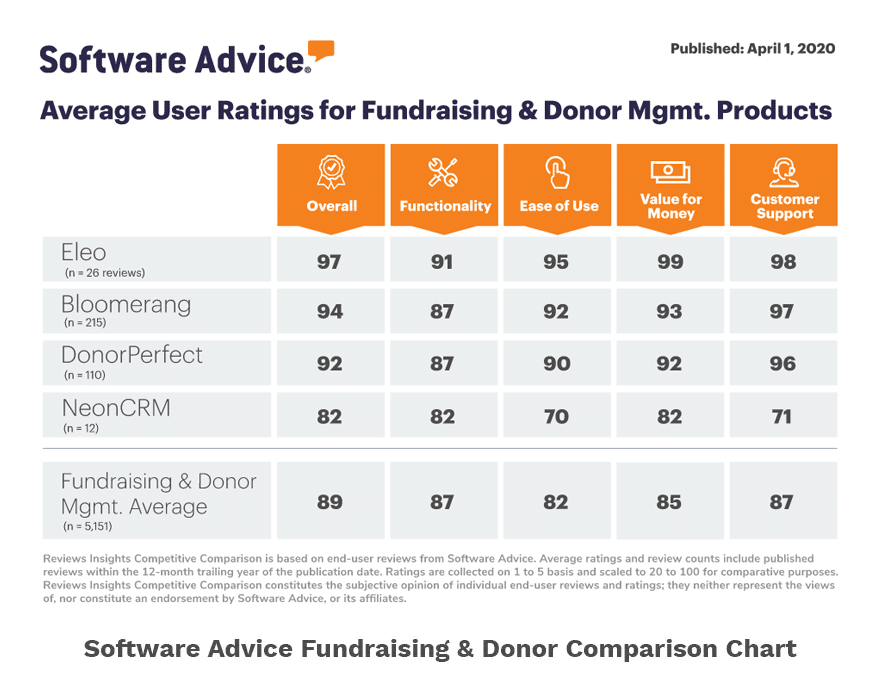
“Digital team” is a term that nonprofits will be hearing a lot in the next few years. A digital team is responsible for creating and implementing a strategy for engaging your audience through your website, search engines, social media and other digital channels. This strategy is often called a digital program.
For years, research has shown that the effectiveness of a nonprofit’s digital team is an indicator of the nonprofit’s ability to take advantage of innovative digital tools and strategies. These tools and strategies typically lead to better performance across the organization.
That means nonprofits should shift away from putting the college intern in charge of social media and their online presence. The reasoning of “because they’re young and they get it” no longer holds validity. Nonprofits, small and large, need to invest in their digital team. They need experts adapting and innovating their approach to social media, online searches and digital marketing.
In the fall of 2017, NetChange surveyed 80 nonprofits to get a better sense of the state of digital teams and programs in the nonprofit sector. The findings, published in the 2018 Digital Teams Report, provide valuable insights into why digital expertise in senior management is a must, how digital teams should be structured, and the importance of understanding and measuring engagement. Here are the highlights.
Senior Leadership Must Include Digital
The report found that when a person or, ideally, several people with digital expertise are part of senior management, have a say on new campaigns, and are supported by leadership, the nonprofit runs a more effective and successful digital program.
Among respondents who claim to have highly effective digital programs, 50 percent have digital teams that take the lead on new campaigns. Another one-third say their digital teams are part of the decision-making process. None have digital teams that are simply notified of new programs and ideas after decisions have been made.
42 percent of survey respondents don’t have someone with digital experience on the senior leadership team. 50 percent of these nonprofits said they continue to “miss major opportunities” as a result.
Key Takeaway: People with digital expertise should be part of senior management (board members, executives and managers) and also play an integral role in the decision-making process of the organization at large.
How Effective Digital Teams Are Structured
There are multiple ways to organize your digital team. Let’s talk about the two most popular options. A hybrid team has digital roles and functions distributed across the organization. A centralized team has a single department or person doing all the work. The Digital Teams Report shows that digital programs are much more successful when run by a hybrid team than a centralized team, which can easily become overwhelmed.
Further, hybrid teams are the most popular digital team structure for small nonprofits (50 percent). Because digital programs affect so many areas of the nonprofit, a collaborative hybrid team usually proves to be most effective.
Key Takeaway: While a centralized team can drive the overall strategy and manage certain tasks, digital programs for small nonprofits work better with hybrid teams, where people across the nonprofit contribute.
Understanding, Measuring and Improving Engagement
It’s time to get beyond followers, fans and likes and recognize that engagement is about getting supporters more directly involved in the mission of the nonprofit. This needs to be a priority for your digital team.
Unfortunately, nearly three in 10 survey respondents said no one in their organization is responsible for engaging supporters. Three-quarters of nonprofits don’t consistently track engagement metrics, nearly one-third don’t measure engagement at all, and 64 percent don’t have the budget to achieve their engagement goals.
When a nonprofit is out of touch with supporters because you don’t have a digital team actively engaging them, it becomes more difficult to cultivate relationships that are vital to the growth of your nonprofit.
Key Takeaway: Supporter engagement is a critical function of the digital team that needs to be closely managed, tracked and funded.
Nonprofit digital programs have a come a long way, but there’s more work to be done. Nonprofits should take steps to expand their digital team, bring digital expertise to senior management, distribute digital responsibilities across the organization, and adopt a more sophisticated strategy to build engagement with supporters.





